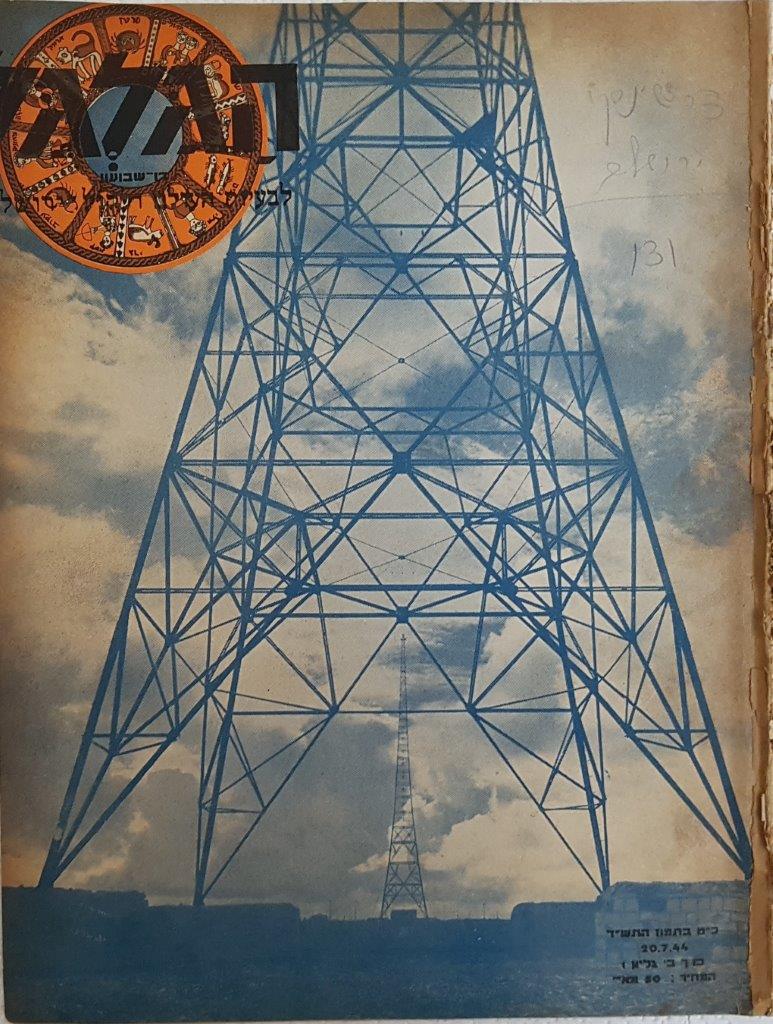
Digitizing History: Palestine Broadcasting Service, 1936-1948
(under Construction)
under construction
Children's Hour
As with all sections of the PBS, Children's Hour was divided by language: English, Hebrew and Arabic. These programs were independent of each, with very clearly defined target audiences. All were 45 minutes in total. So why was it called Children's hour when it's duration was 15 minutes short of an hour? I hear you ask. We learn why it was called the Children's Hour from article in Jerusalem Radio, third anniversary edition, "For Children Only", March 31, 1939:" Do you know why we call our programme which is meant especially for you "The Children's Hour"? It lasts from five o'clock till quarter to six. and that's not an hour, it's only 45 minutes. But the name the Children's Hour doesn't mean sixty minutes at all. We borrowed our name from a poem by Longfellow. It starts like this:-
Between the dark and the daylight
When the night is beginning to lower
Comes a pause in the day's occupation
That is known as the Children's Hour"
If you read this poem which is very lovely and then close your eyes you can conjure up a picture..."
Initially, the English, Arab and Hebrew Children's Hour were allocated separate days of the week:
Sunday: Hebrew Children's Hour
Monday: Arabic Children's Hour
Tuesday: English Children's Hour
Wednesday: Hebrew Children's Hour
Thursday: Arabic Children's Hour
Friday: English Children's Hour
Saturday: Regular programs (music, requests, etc.)
This pattern changed starting Week of June 4 (Sunday).The English and Hebrew speaking children were given three half-hour programs each, instead of two three-quarter hours ones, but the Arabic children's program was initially shortened without a third being added. This was rectified a couple of weeks later, and a third Arabic Children's Hour was added.
The new pattern once it settled down, all half-hour programs, looked like this:
Sunday: Hebrew Children's Hour
Monday: English and Arabic Children's Hour
Tuesday: Hebrew Children's Hour
Wednesday: English and Arabic Children's Hour
Thursday: Hebrew Children's Hour
Friday: English and Arabic Children's Hour
Saturday: Regular programs (music , requests, etc)
Hebrew Children's Hour
The Team: Hemda Feigenbaum-Zinder; and Jemima Tchernovitz (alternate spelling: Yemima Tshernovitz).
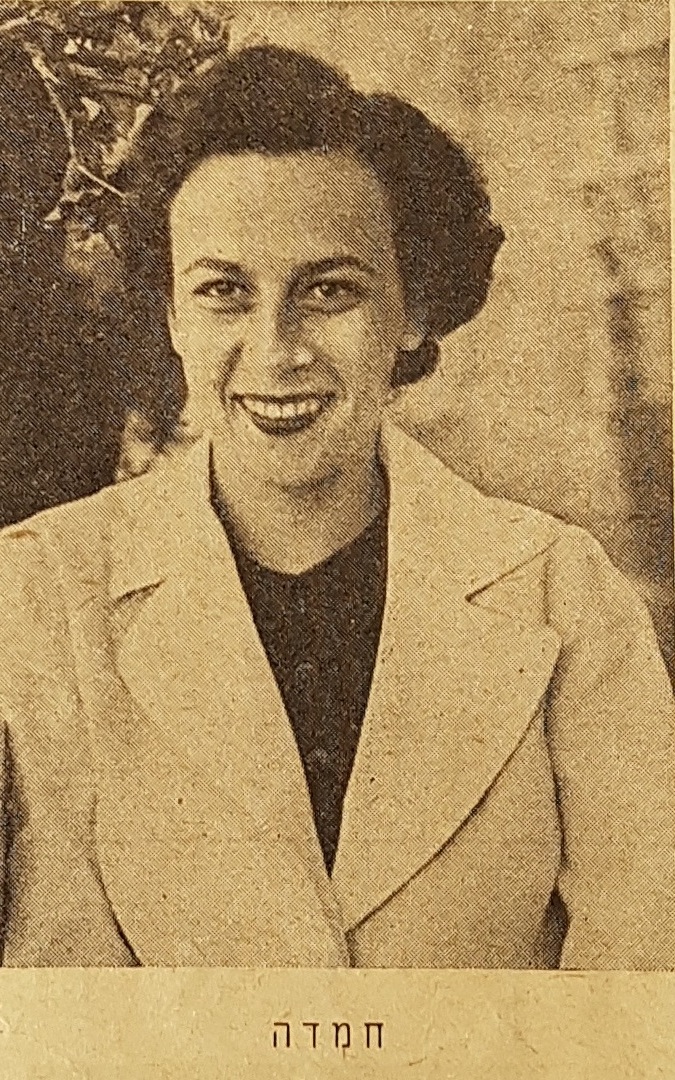
|
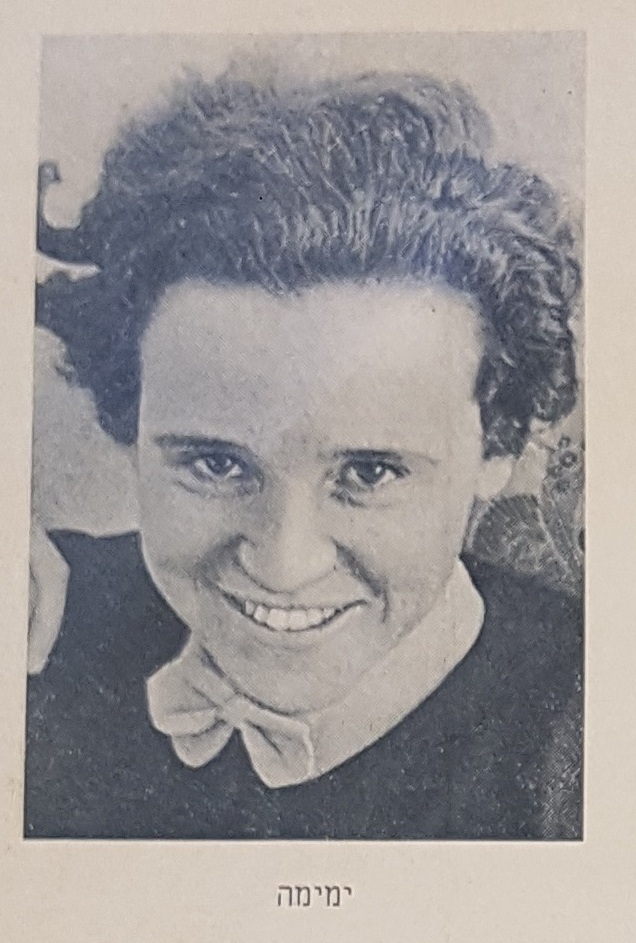
|
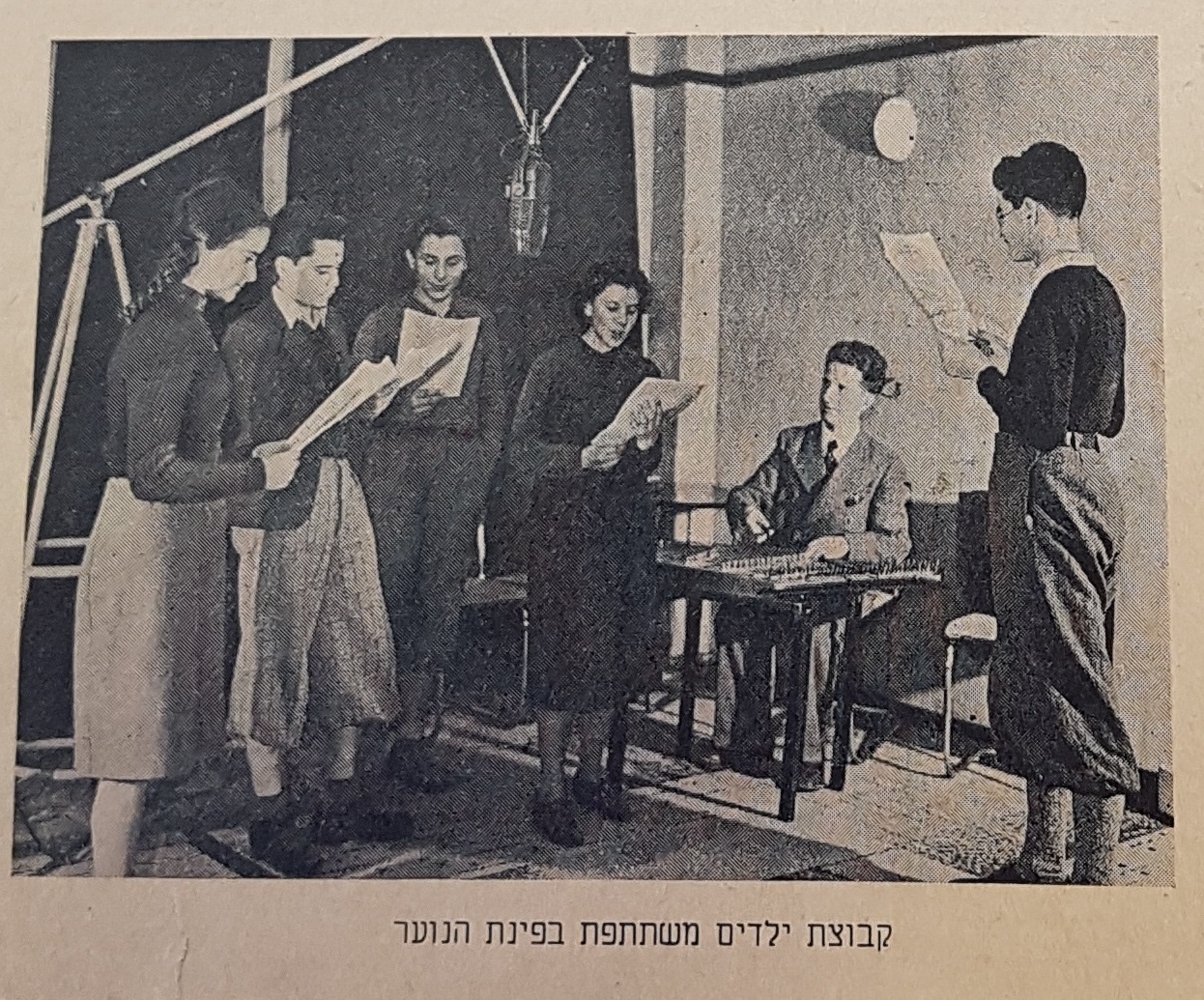
|
| Hemda Feigenbaum | Jemima Tchernovitz | Hebrew Children's Hour with Arye Sachs on zither for special effects |
Arabic Children's Hour
English Children's Hour
The Team: Mary Merry (also known as May Weissenberg and May HarLevan); Flora Moody; Cynthia Whitfield; and Mary Cudworth.
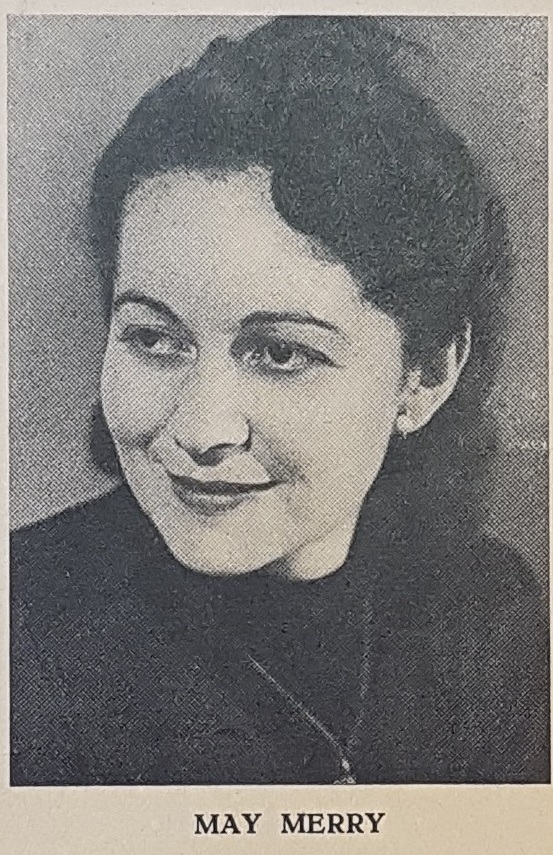
|
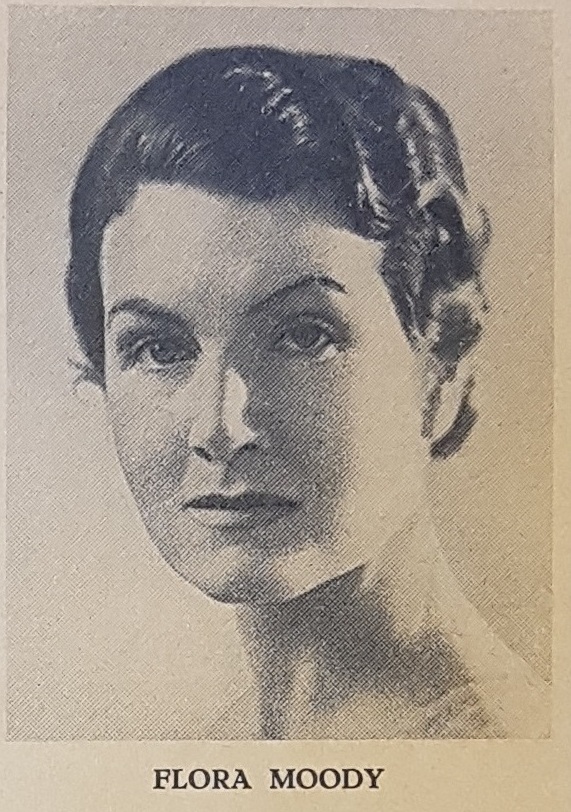
|
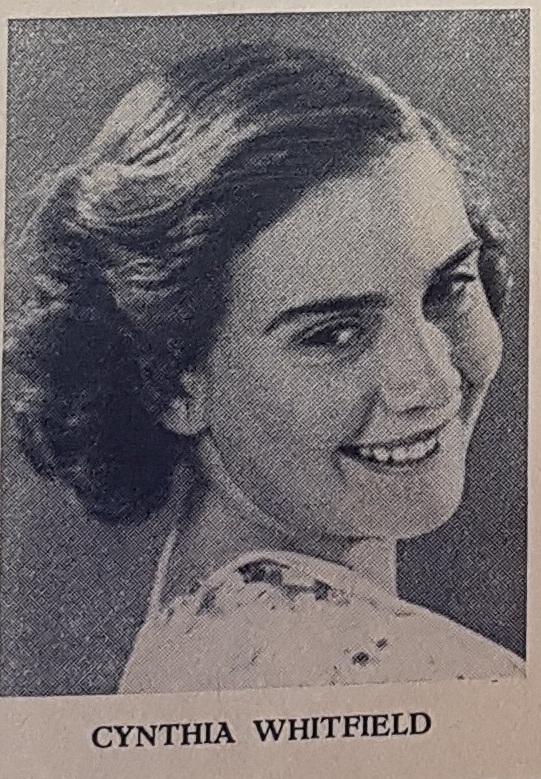
|
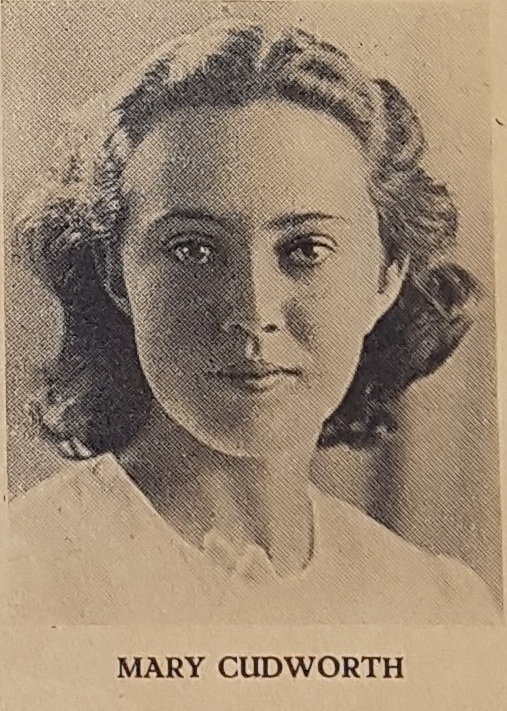
|
| May Merry | Flora Moody | Cynthia Whitfield | Mary Cudworth |
WORLD WAR II
Wednesday, August 2, 1939, terror struck. Three time-bombs rocked the studio, killing two local members of staff. Mrs May Weissenberg, organizer of the English Children's hour and English announcer, and Mr. Adeeb Mansour, one of the control-room engineers. Who planted the bombs remains a mystery. Who was the bomb aimed at? For some reason the newspapers of the time assumed it was targetting the English Children's Hour, The timing, 5:20 PM made it look like it was to target the English Children Hour, killing as many children as possible. That day the program scheduled was actually for a request program of favorite records, so the children that would normally be there were not at that studio when the bombs went off. After an investigation, one of the young office clerks, admitted to being a member of the outlawed Jewish Etzel group. He was arrested and sentenced to one year administrative detention under the Emergency Regulations. Such a light sentence implied that the British authorities were not totally convinced beyond a dopubt that he had anything directly to do with this particular act of terror. It could not have been that it was a "work accident" as there were three bombs on timers,. Unlikely they all exploded prematurely. But there is one track that didn't seem to be voiced at that time ... taking into consideration the timing. There was an active branch of German Nazis living in Jerusalem. By August 1939, the German government sent call-up papers to all eligible Germans in Palestine, and by the end of the month some 249 had left Palestine. Had any of the die-hard Nazis been involved in planting the bomb, the evidence would have disappeared with them.It was convenient to blame Etzel and divert attention away from what could have been labeled an act of war and possibly force Britain to react earlier than they were prepared to do.
On 3 September 1939, Britain declared war on Germany, ostensibly over Germany's invasion of Poland. All Germans remaining in Palestine were then classed as enemy aliens and the Templer settlements were sealed off and turned into internment camps.
The PBS switched its resources to fighting the war.